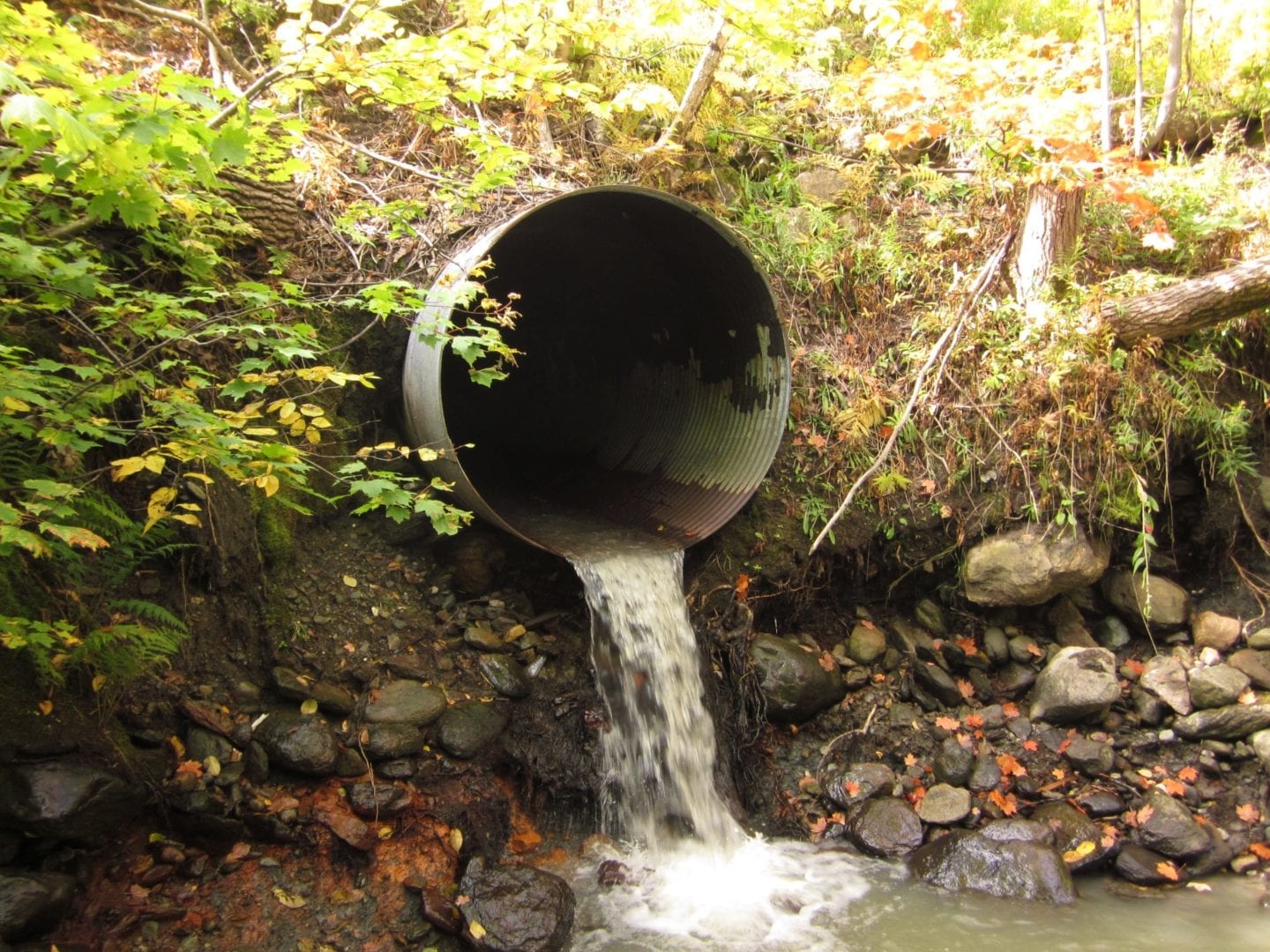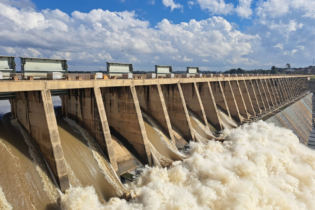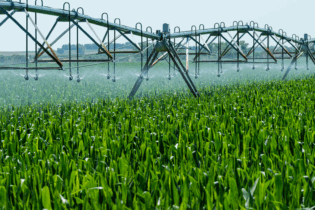
The market for green water technologies is expanding in South Africa due to rising water resource and utility costs, growing resource scarcity, and an increasing consumer demand for more sustainable products.
This is according to the GreenCape’s 2017 market intelligence report.
The report found that an increasing number of water technology companies are trying to enter the utility scale market with innovative, capital-intensive technologies and are now also considering how to structure a business model similarly to how an Energy Service Company would.
Business opportunities for four key groups of service providers in the water market were identified. They are:
- Consultancy providers:
These include water auditors, planning engineers, accountants, lawyers etc.
- Technology suppliers:
They supply hardware, such as filters and treatment systems, pumps and piping, or help with the operation and maintenance services.
- Water Service Companies:
Companies which provide water savings measured in comparison to a previous water cost or use baseline.
- Engineering Procurement Contractors
They provide the detailed engineering design for a project, procure all the necessary equipment and construct and deliver a functioning facility.
During the research phase of the report, stakeholders in the water sector and other green economy sectors were consulted, and a range of business opportunities were identified. Some of these include the following:
- Water reuse, recycling and resource recovery
“Advanced treatment technologies are developing rapidly,” the report said, with this sector becoming increasingly understood and adopted, especially by water-intensive industrial and commercial users.
Energy used for water treatment and conveyance, and water used for energy generation are areas rich in opportunities for innovation and investment. Drivers include growing challenges to water and energy security, renewable energy technology developments and rising prices for both water and energy.
“There is a rapidly expanding market for technical solutions that measure, report and control water consumption at all scales of use,” the report said.
Understanding and managing consumption by utilities and end-users was identified as a key step in better water management.
The report said that there is a need to drive investments into development of local water resources as regional resources are almost fully allocated. These resources include rain, storm and greywater, new groundwater resources, and brackish and seawater desalination.
Reducing water losses
The report revealed that about 37% of the country’s potable water is lost through water leaks, and for some time now, reducing municipal water losses has become a national priority.
However, when it comes to business opportunities here, the report suggests looking at barriers that stand in the way of new water technologies and practices. These include:
- A lack of awareness about the importance and business benefits of water use efficiency and reuse.
- The slow pace of municipal procurement and difficulty that public-private-partnerships face in structuring long-term agreements such as water offtakes from private systems.
- Insufficient support for water users to access information and advice on best practice.
- Capital requirements to invest in new green infrastructure, where water is often under-priced.
- Technical capacity to design and implement new systems for water saving or advanced treatment, especially at municipalities.
- Lack of funding for research and pilot development of new technology.
The report said that the Department of Water and Sanitation and other authorities are motivating strongly for local water resources to be exploited and optimised before any largescale bulk systems are explored.
In the meantime, this has led to increased investment in developing groundwater (private small-scale and municipal well field), storm and rainwater, and desalination facilities (utility and small-scale).
“Realistically, all indications are that there are going to be few to no large-scale bulk surface water development schemes for the Western Cape within the next decade,” the report said.
To access the full report, click
here.








